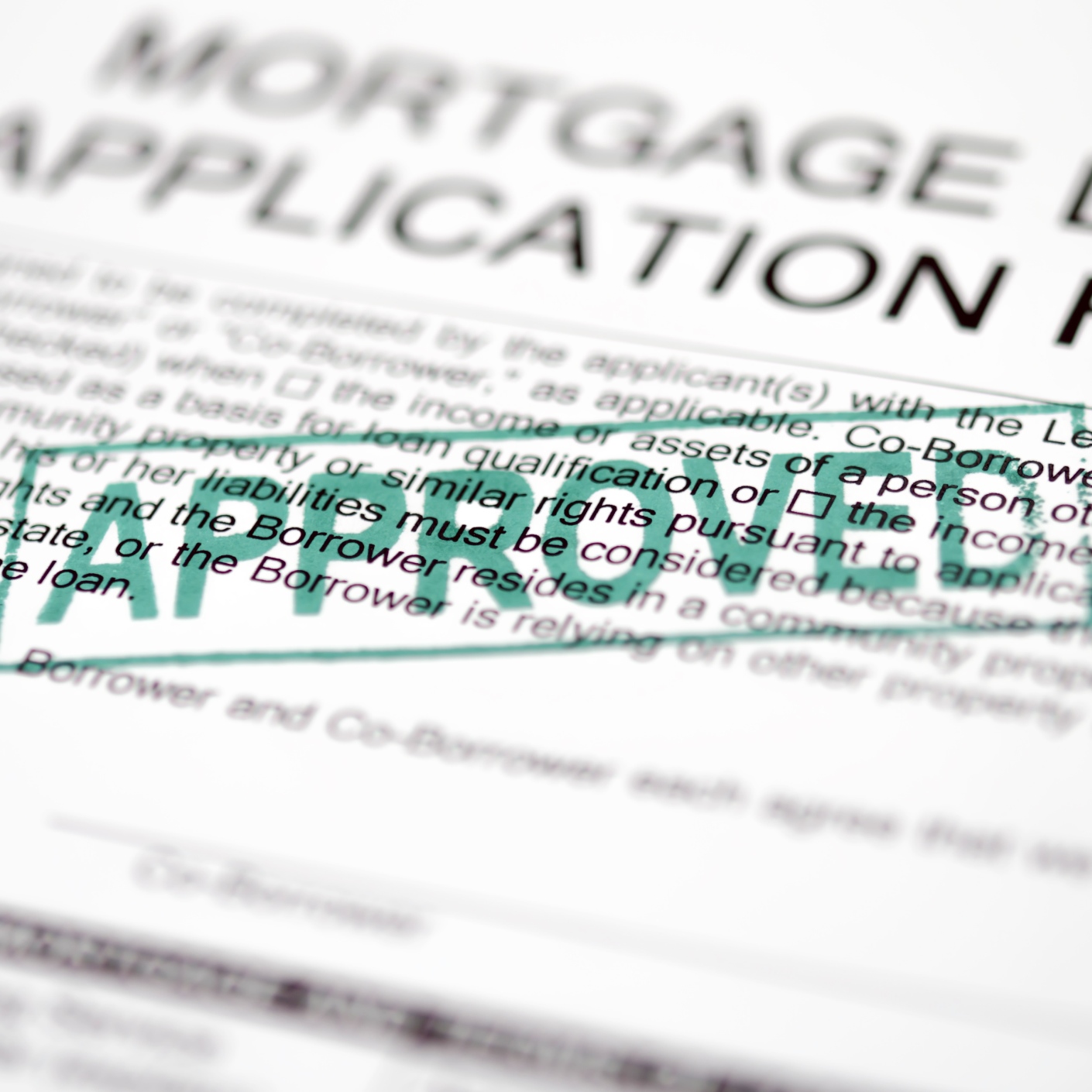Housing
Mortgage Loan Rates at 2-Year High for 30-Year Fixed-Rate Loans

Published:
Last Updated:

The Mortgage Bankers Association (MBA) released its weekly report on mortgage applications Wednesday morning, noting a week-over-week decrease of 0.7% in the group’s seasonally adjusted composite index for the week ending December 2. The MBA noted that the prior week’s results included an adjustment for the Thanksgiving Day holiday. Mortgage loan rates rose on four of five types of loans over the past week.
On an unadjusted basis, the composite index increased by 39% week over week. The seasonally adjusted purchase index increased by 0.4% compared with the week ended November 25. The unadjusted purchase index increased 36% for the week and is now 3% higher year over year.
The MBA’s refinance index decreased by 1% week over week, and the percentage of all new applications that were seeking refinancing rose from 55.1% to 56.2%.
Adjustable rate mortgage loans accounted for 6% of all applications, up from 5.7% the previous week, the highest level since February.
Mortgage rates spiked to 4.25% on Friday following the U.S. Department of Labor’s jobs report but pulled back to 4.125% by the end of the day. As of Tuesday, that was still the most common offer for a 30-year conventional fixed-rate mortgage. The next flash point could be Thursday’s announcement from the European Central Bank that it will (or won’t) begin to wind down its asset purchases.
According to the MBA, last week’s average mortgage loan rate for a conforming 30-year fixed-rate mortgage increased from 4.23% to 4.27%, the highest rate since October 2014. The rate for a jumbo 30-year fixed-rate mortgage rose from 4.18% to 4.22%, its highest level since September 2014. The average interest rate for a 15-year fixed-rate mortgage increased from 3.48% to 3.53%, also its highest since September 2014.
The contract interest rate for a 5/1 adjustable rate mortgage loan increased from 3.23% to 3.39%. Rates on a 30-year FHA-backed fixed-rate loan remained unchanged at 4.00%, the highest level since July 2015.
The Average American Is Losing Momentum On Their Savings Every Day (Sponsor)
If you’re like many Americans and keep your money ‘safe’ in a checking or savings account, think again. The average yield on a savings account is a paltry .4%1 today. Checking accounts are even worse.
But there is good news. To win qualified customers, some accounts are paying more than 7x the national average. That’s an incredible way to keep your money safe and earn more at the same time. Our top pick for high yield savings accounts includes other benefits as well. You can earn a $200 bonus and up to 7X the national average with qualifying deposits. Terms apply. Member, FDIC.
Click here to see how much more you could be earning on your savings today. It takes just a few minutes to open an account to make your money work for you.
Thank you for reading! Have some feedback for us?
Contact the 24/7 Wall St. editorial team.